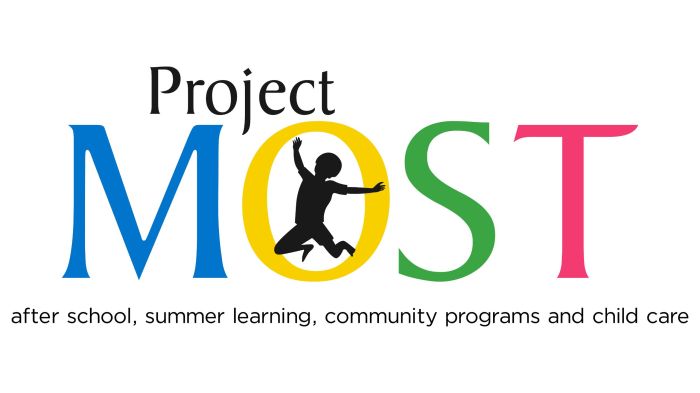A few thoughts on memory loss and aging, do you always seem to be losing your car keys? Or are you really bad at remembering people’s names? We all occasionally experience a lapse in memory loss, but recently I had a conversation with a woman and she kept filling in words for “what-cha-ma-call-it,” and it seems to find new meaning in today’s daily conversation. Here’s what you need to know about memory loss, as well as some simple foods to include in your daily diet.
Maybe you can’t remember where you set down your keys or you completely forgot about an appointment. Often, memory loss is just a normal part of life and aging, but when should we be concerned? Are you forgetting words? Did you forget when to pick up your child from lacrosse? Sometimes it can be linked to certain health conditions—some reversible and others that might get worse with age. Let’s look at some natural aging signs and some you may want to look into.
As you get older, you might notice it takes a little more effort to remember things. For many people, that’s just part of the aging process. These changes in memory are generally manageable and don’t disrupt your ability to work, live independently or maintain a social life; if you find yourself really struggling, you may want to have a conversation with your doctor.
Mild cognitive impairment involves a notable decline in at least one area of thinking skills, such as memory, that’s greater than the changes of aging and less than those of dementia, according to Mayo Clinic. For some people, mild cognitive impairment might progress into dementia. But others might not experience any further decline. Dementia is usually a gradual worsening of cognitive function to the point where it disrupts a person’s life, according to Mayo Clinic.
Other memory issues may be caused by a head trauma, such as a concussion or other brain diseases. Medications and alcohol can impair your memory, even after the alcohol’s effects have worn off. Nutrient dense foods and an overall healthy and balanced diet is crucial for brain health. And the Mayo Clinic specifically cites a deficiency in vitamin B12 as a potential cause for memory problems. Sleep disorders, anxiety and depression all can cause memory loss, especially when you’re trying to concentrate.
Nobody’s brain is as sharp as it could be, and not getting enough sleep is perhaps the greatest unappreciated cause of forgetfulness. That means get your shut eye.
It is not such a bad idea to include foods that are known to nourish our brains:
1. Avocados: These powerhouses are packed with monosaturated fats, or the “good” kind, keeping blood sugar levels steady.
2. Beets: They reduce inflammation, are high in cancer-protecting antioxidants and help rid your blood of toxins. The natural nitrates in beets actually boost blood flow to the brain.
3. Blueberries: Because of their high levels of betacarotene, folate and choline, blueberries are especially good at protecting our brains from degeneration and stress.
4. Bone broth: The ultimate food for healing your gut and healing your brain.
5. Omega-3 fatty acids: Essential for good brain health, omega-3 fatty acids may help improve memory in healthy young adults. Seafood, algae and fatty fish—including salmon, bluefin tuna, sardines and herring—are some of the best sources of it.
6. Walnuts have a positive impact on heart health and improve cognitive function.
7. Caffeine can energize you and help you concentrate.
8. Fish: A protein source linked to a great brain boost is fish-rich in omega-3 fatty acids.
9. Seeds: Good sources of the antioxidant vitamin E, which has been linked in some studies to less cognitive decline as you age.
10. Sleep: Get a good night’s sleep.
11. Hydration and Meditation: Stay hydrated and meditate to clear your mind and relax.
Always consult with a doctor before changing your diet.
Maria Dello www.Dellonutritionals.com
75 Plandome Rd, Manhasset, NY 11030
(516)365-1222
































